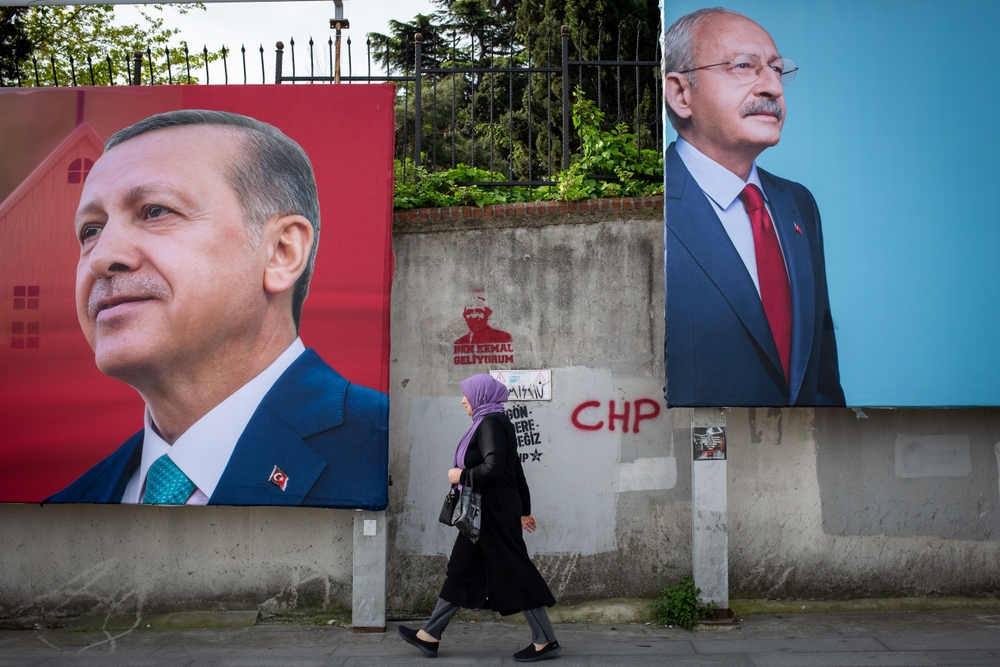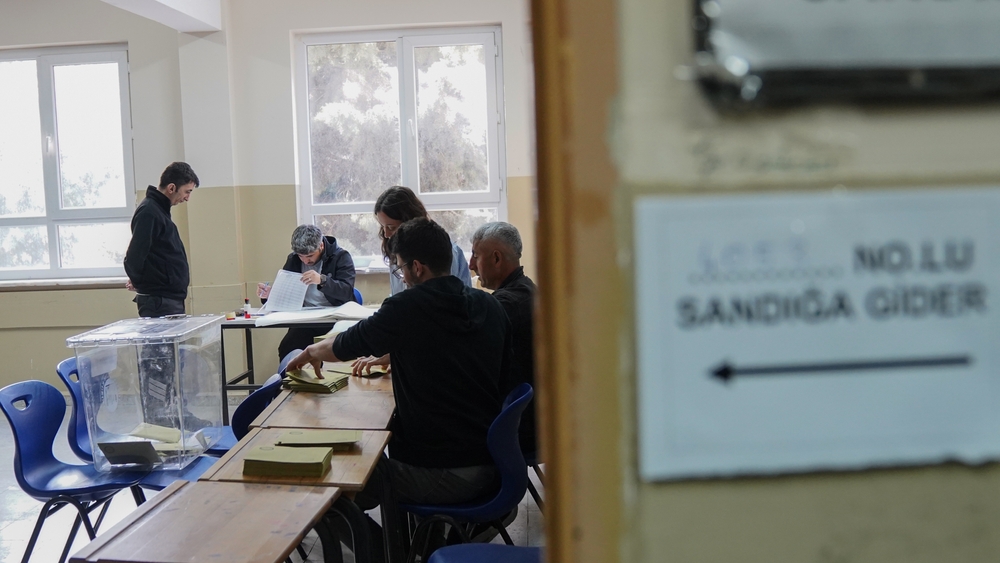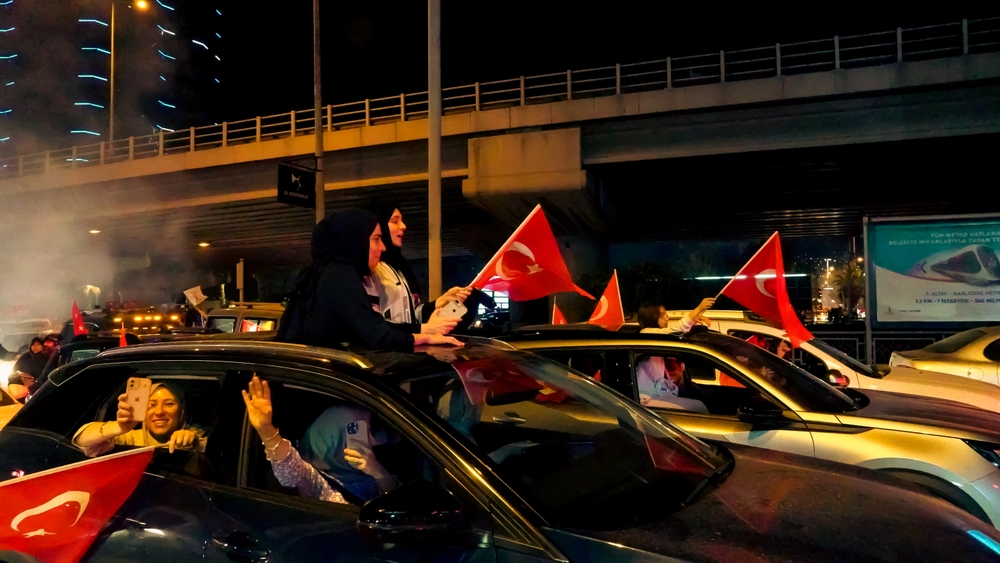On March 28th of 2023, ten years to the day after the Gezi Park protests, the Turkish people went back to the polls for the second round of the presidential election. The outcome: Recep Tayyip Erdoğan was re-elected with a bit more than 52% of the votes after the second round without a surprise after the results of the first round.
But his win was not so certain initially. Before the first round of the election, the opposition coalition, represented by Kemal Kılıçdaroğlu, was predicted, by most of the Turkish polling institutes, to be the winner of the presidential race. Yet, the opposition came short and the “Reis” won. After the catastrophic handling of the recent earthquake and the galloping inflation currently affecting the country, one question that came to mind is—how could Erdoğan possibly be re-elected considering the slow transformation of the country into an autocracy within these last ten years?
Erdoğan, who became prime minister in 2003 and later president, was seen and is still seen as representing not only his party, the AKP, but also the working-class, the rural, conservative, and religious part of the population. His principal electorate has always been situated in the regions of south and central Anatolia and near the black sea—regions which are the rural and most traditionalist areas of Turkey.
Many argue that he has enabled this part of the population to gain a voice in politics, helping them to get better opportunities in society and has increased their quality of life. At least until inflation started in 2017, but especially in the earlier years of his career, he developed the country, abolished the discriminatory law which did not allow women to wear a headscarf in governmental institutions and created better economic conditions for the country.
An advantage for Erdoğan to win again was the weakness of the opposition. Kılıçdaroğlu formed a coalition with six parties, himself representing the CHP, a party perceived as left on the political spectrum and the winner of Istanbul’s municipality in 2019. This coalition was formed by parties with a broad variation on the political spectrum. The fragility of the coalition was shown two months before the elections when the İyi party, considered a nationalist and far right, wanted to leave the coalition as it did not agree on Kılıçdaroğlu being the candidate of the opposition.
Kılıçdaroğlu, however, played with the card of the outsider, himself being of the Turkish Alevi minority—something he stated loud and clear during his campaign. This tactic permitted him to gain the votes of the Kurdish minority, scapegoated by Erdoğan in politics for many years.


But between the two rounds, the fragility and reliability of the coalition were again shown to the Turkish population when the opposition strengthened the anti-Syrian discourse, and Kılıçdaroğlu stated “I hereby declare that I will send all refugees back as soon as I come to power”. This was a change in tactic for the opposition, now trying to gain the votes from the ultra-nationalist party, MHP, which received around 5% of the votes for the first round of the election. In a certain way, this fragilized the opposition. After the Sunday election, some Syrians in Turkey even celebrated, despite Erdoğan strengthening his speech against Syrian migrants, especially since the loss for the AKP of the municipality of Istanbul in 2019, with the aim to send them back to Syria.
Overall, Erdoğan had many more advantages during the campaign and played those tactically to put all the odds on his side. He constantly belittled his opponent by, for example, claiming Kılıçdaroğlu is supported by PKK members and taking advantage of appearing more on television, as his government has extensive control over national media outlets and broadcasting.


He is often accused of having deliberately given less space to Kılıçdaroğlu to express himself on national broadcasting media. This tactic arguably gave an advantage to Erdoğan as it permitted him to disproportionately reach out to the rural and older generation that are less present on social media, which Kılıçdaroğlu used a lot during his campaign. Closer to the elections, Erdoğan started using his political power to gain votes. One of them was to increase the minimum wage to show that he is trying to help the Turkish population in times of economic struggle.
All these elements may explain why Erdoğan is still seen as a figure of stability in Turkey, and how he was able to be re-elected to run the country for five more years. And for once, these elections contradict the famous Turkish expression, which claims that: “the one that wins the municipality of Istanbul wins Turkey”.
By Joséphine Gamez








